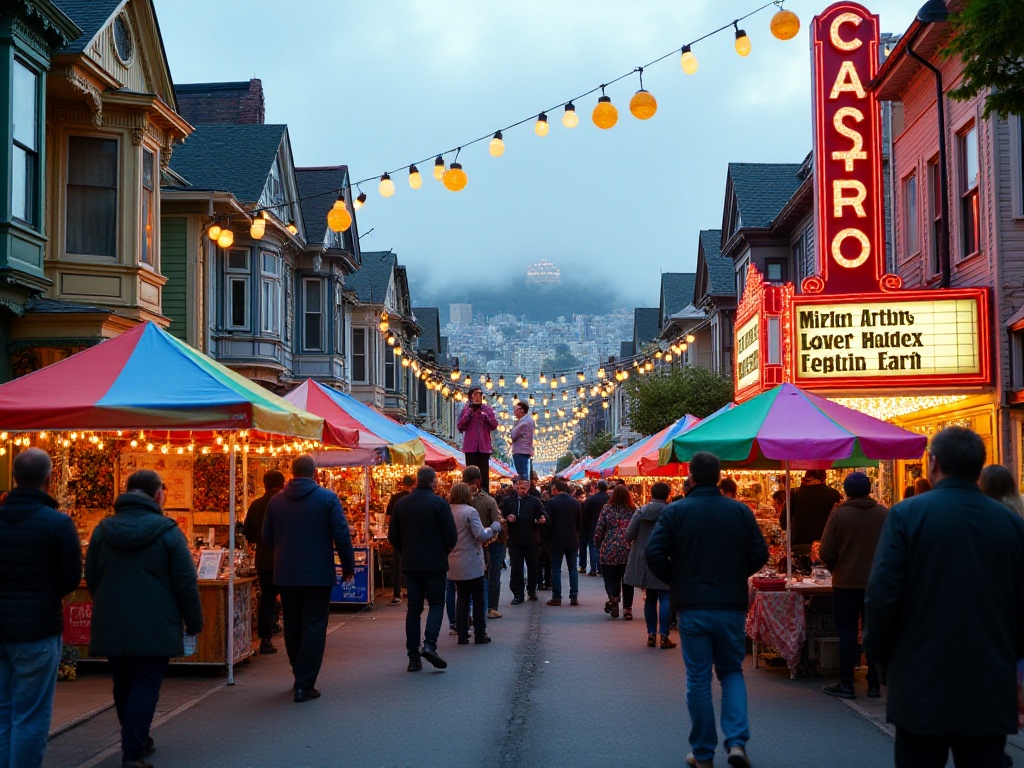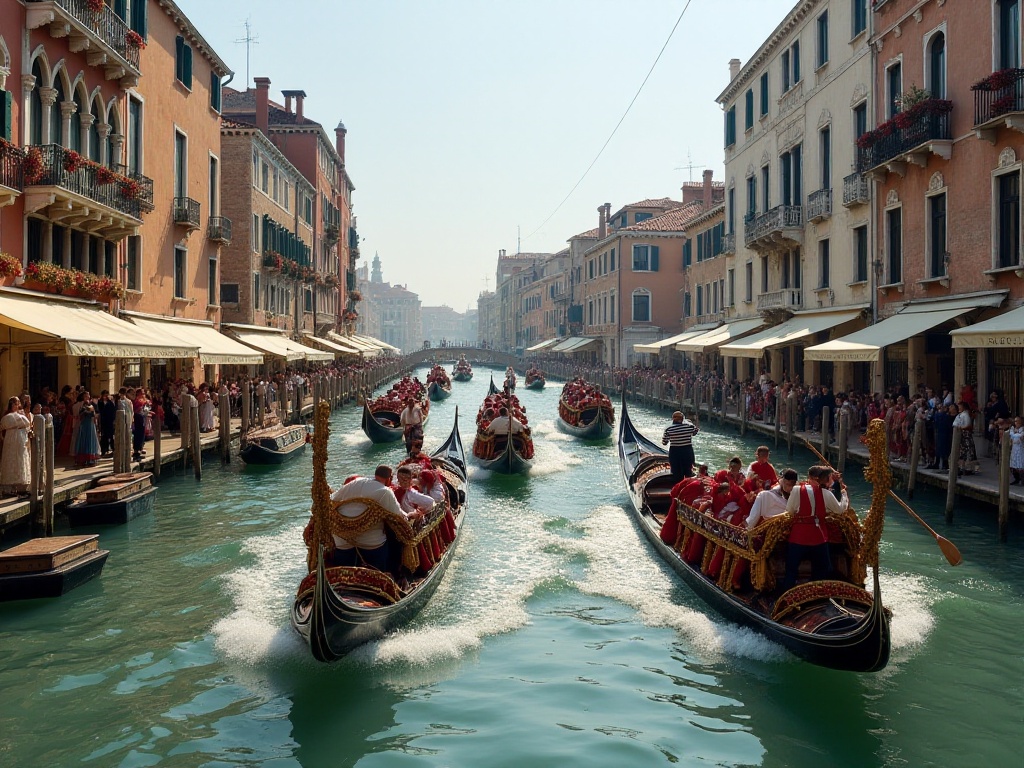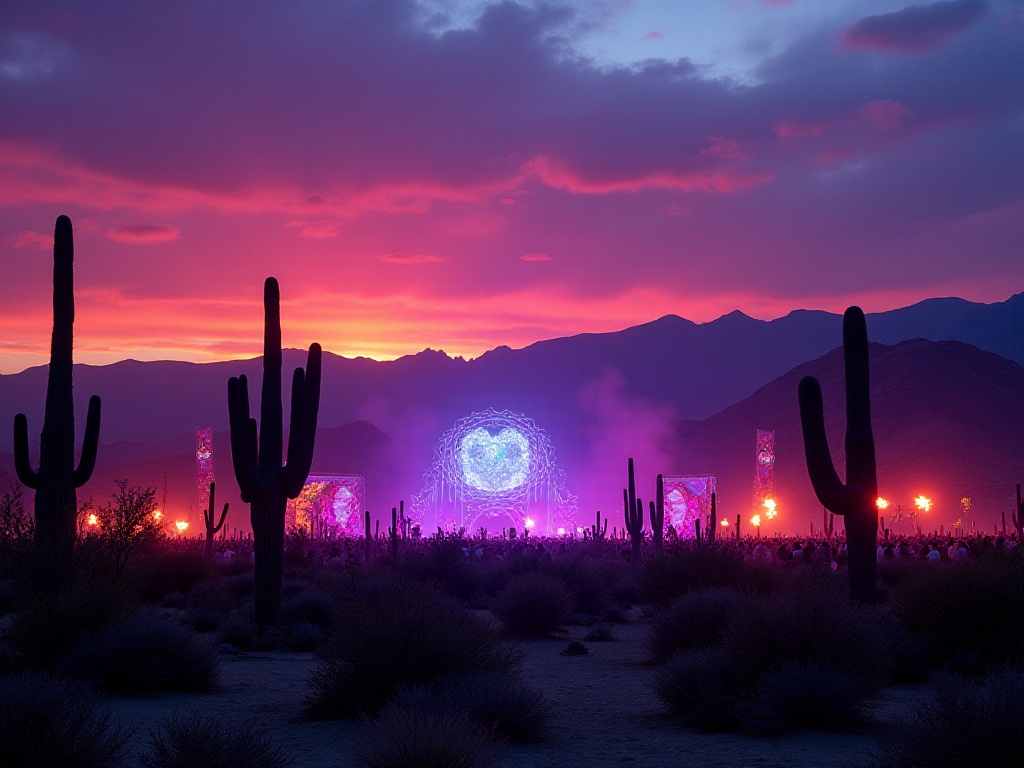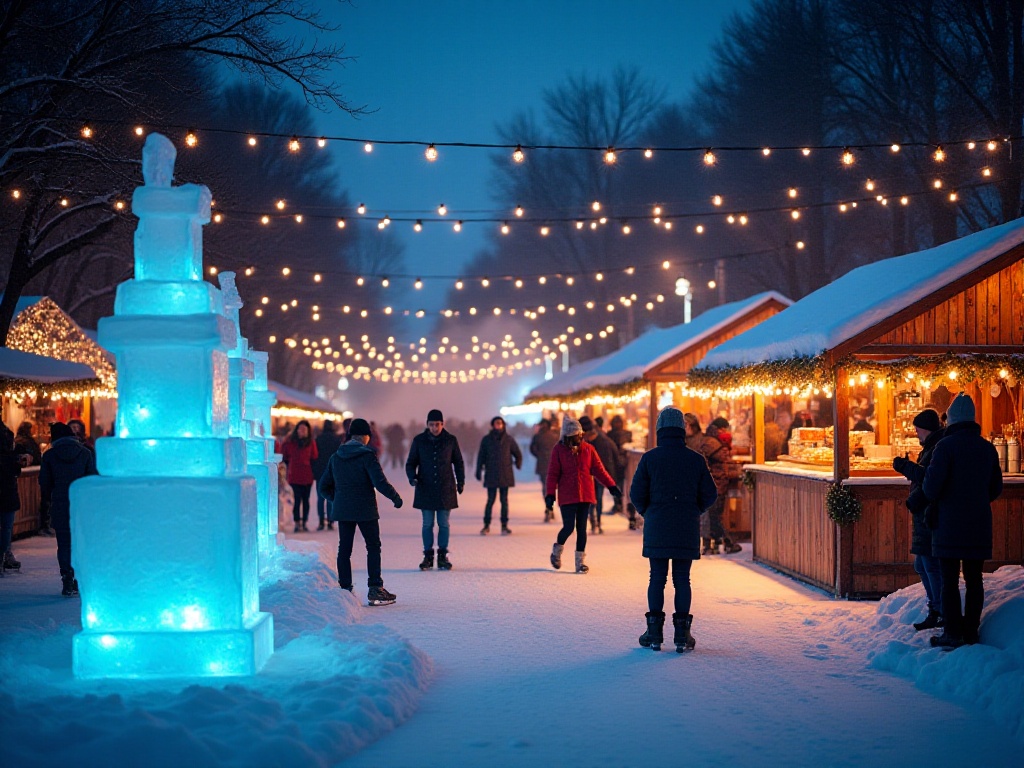Origin of the Festival
As a young traveler who absolutely loves beer, I must share with you the unforgettable stories and experiences of Munich's Oktoberfest. The origin of this festival is incredibly romantic! In 1810, Bavarian Crown Prince Ludwig and Princess Therese were getting married. And guess what? They decided to throw a massive outdoor party for all citizens to enjoy! This wasn't just an ordinary wedding - it was a celebration for everyone! Who would have thought that this celebration would continue for over 200 years, now attracting more than 6 million people from around the world annually, making it arguably the world's craziest festival!
Timing
Here's something funny - although this festival is called "Oktoberfest" in German, the main events actually happen in September! The specific dates for 2025 are September 20th to October 5th. Why September? There's good reason for this! September in Munich is truly a blessed season, with perfect temperatures around 20°C during the day and pleasantly cool evenings - ideal weather for outdoor celebrations! Plus, it usually doesn't rain during this period, allowing you to dance freely in traditional Bavarian clothing in the open-air squares!
Accommodation Tips
Speaking of accommodation, I learned this the hard way! Last year, I naively thought booking a room one month before would be enough - boy, was I wrong! Not only were city center hotels fully booked, but even suburban accommodations were impossible to find. Now I know better - book at least six months in advance, yes, you heard that right, six months! Otherwise, prepare to be homeless!
Hotel prices in the city center skyrocket during the festival, with rooms that normally cost 200 euros per night suddenly jumping to 600-800 euros - an increase more dramatic than Bitcoin! But I discovered a brilliant money-saving strategy: stay in nearby Augsburg or Ingolstadt. While it requires an hour-long train ride, the accommodation is much cheaper, and German trains are punctual and comfortable - you can even catch up on sleep during the journey, perfect!
I also discovered some hidden accommodation options: local guesthouses on Airbnb, or hostels near subway stations. Here's a tip: always check the cancellation policy when booking, as Germans are known for their strictness, and cancellation fees can be high. If you want to save money, consider sharing a room with friends - splitting a double room becomes much more affordable.
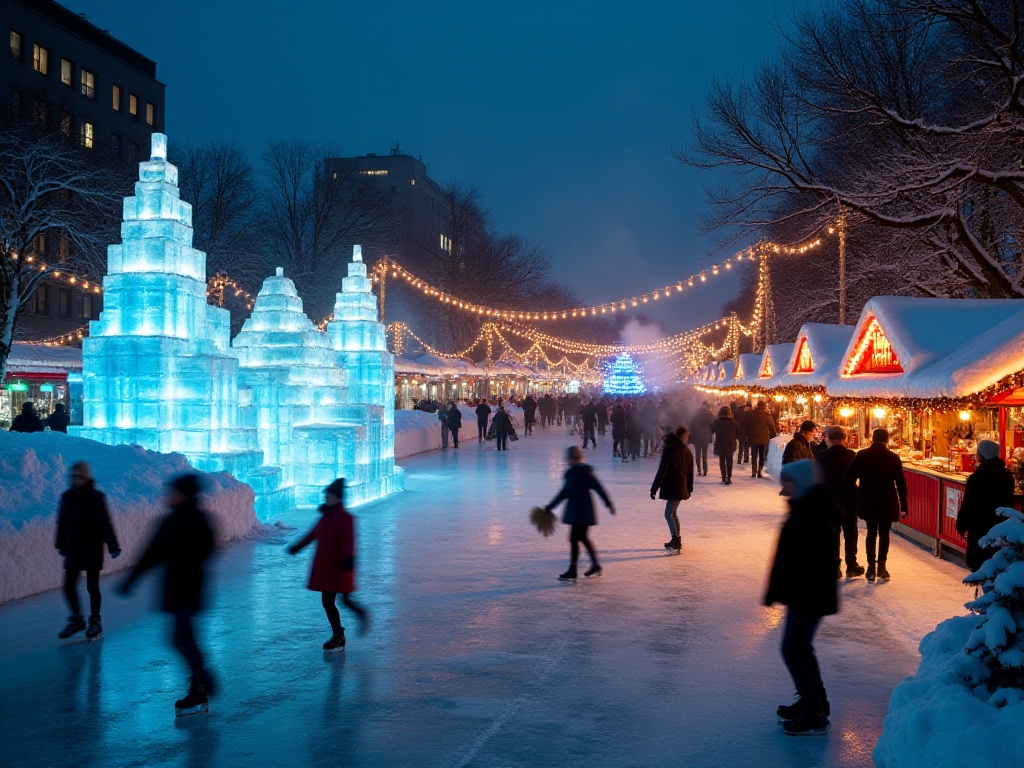
Venue Analysis
On my first visit, I felt like a headless fly wandering around the huge venue. Now? Ha, I'm practically a walking map! The main venue is at Theresienwiese, covering over 420,000 square meters - how big is that? About the size of 60 standard football fields!
The grounds feature 14 massive tents, each accommodating 4,000-8,000 people. These aren't your typical camping tents, but palace-like massive structures! Each tent has its own character: the Hofbräu tent is most popular among young people and has the liveliest atmosphere; the Augustiner tent is more traditional, perfect for experiencing authentic Bavarian culture.
The tent interiors are luxuriously decorated, with huge chandeliers hanging from the ceiling, beautiful Bavarian murals on the walls, and solid wood tables and chairs. Servers in traditional costumes weave through the crowd, each capable of carrying 8-10 one-liter beer mugs simultaneously - an absolutely incredible skill!
Besides tents, the venue has numerous rides. Roller coasters, carousels, haunted houses - it's like a huge amusement park! There are also rest areas and snack stands between tents, so you can take a break whenever needed.
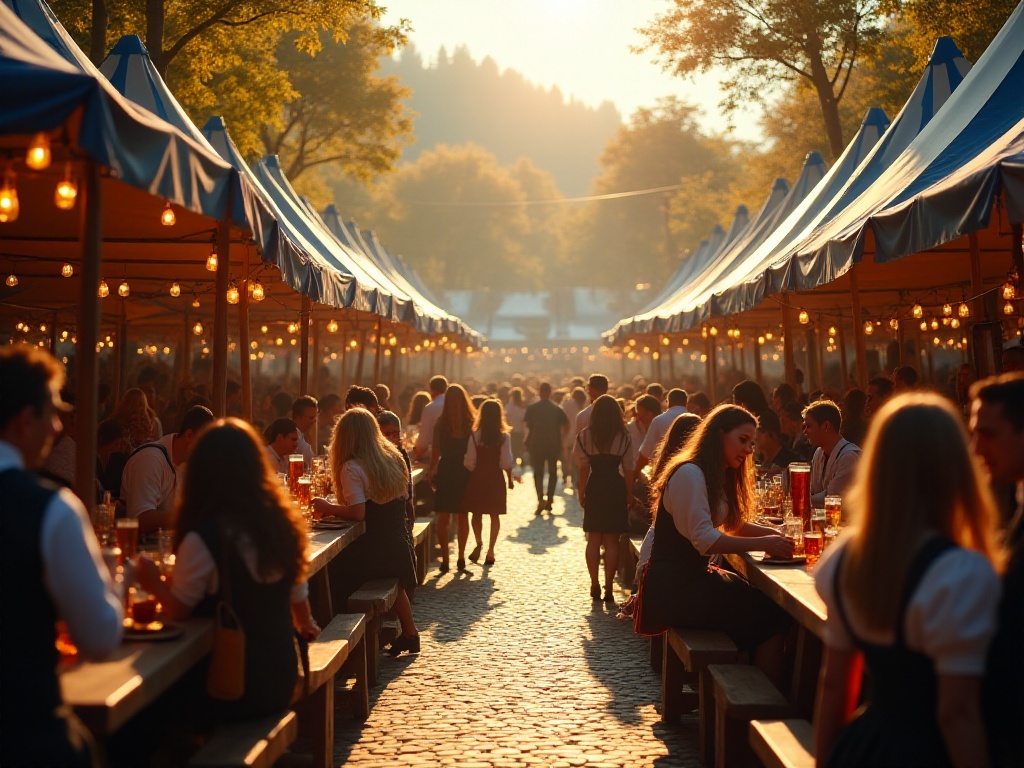
Beer Culture
Drinking beer here isn't a casual affair! Only six local breweries are qualified to supply beer at the festival, and they must strictly follow the "German Purity Law." These six breweries are: Augustiner, Paulaner, Hofbräu, Hacker-Pschorr, Spaten, and Löwenbräu, each with hundreds of years of history!
Each liter of beer costs 12-13 euros, which might sound a bit expensive, but trust me, when you taste your first sip, you'll know it's worth it! This isn't ordinary beer, but specially brewed for the festival, with about 6% alcohol content, rich taste, and creamy foam - it's incredibly refreshing!
Each brewery's beer has its own characteristics: Hofbräu is lighter and suitable for beginners; Augustiner is more robust, perfect for experienced beer lovers. These beers are served in special one-liter mugs, which gives the whole experience a ceremonial feel!
I suggest trying the beer in each tent to experience different flavors. But pace yourself, as these beers pack quite a punch. Oh, and remember to tip the servers - they'll take extra good care of you next time you order!
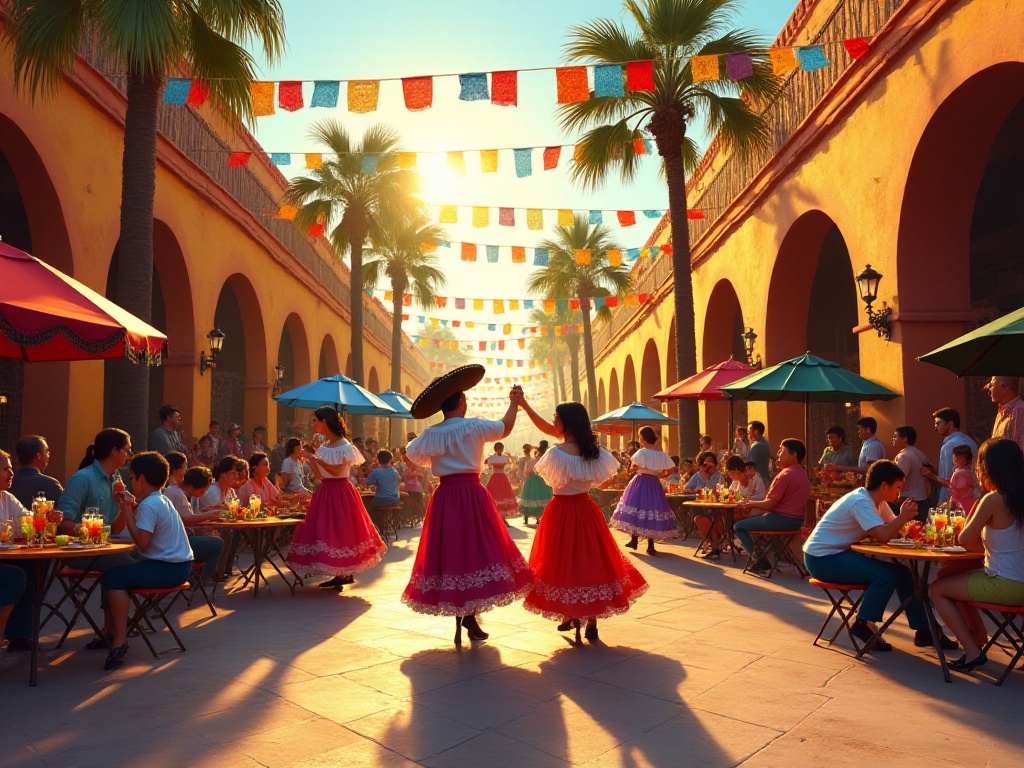
Dress Code
When it comes to attire, there's quite a bit to know! If you wear regular clothes, you'll definitely feel out of place. Men should wear traditional leather pants (Lederhosen), while women wear Bavarian traditional dresses (Dirndl).
Local costume shops charge from 200 to 1000 euros, but I found a great way to save money: buy online from China! Prices are less than half, and the quality is decent. Just be careful with sizing - order one size up, as German sizes tend to run small.
For men, choose genuine leather pants - they're more expensive but durable and age well. Paired with a checkered shirt, knee socks, and chunky leather shoes, you'll look amazing! For women's dresses, pay attention to details: bow tied on the left means single, right means taken, middle means undecided - these are important social signals!
Color choice matters too: darker colors are more versatile and don't show dirt as easily. Bring several shirts to rotate, as beer spills are inevitable. Also, don't forget a jacket - it gets quite cool in the evening.
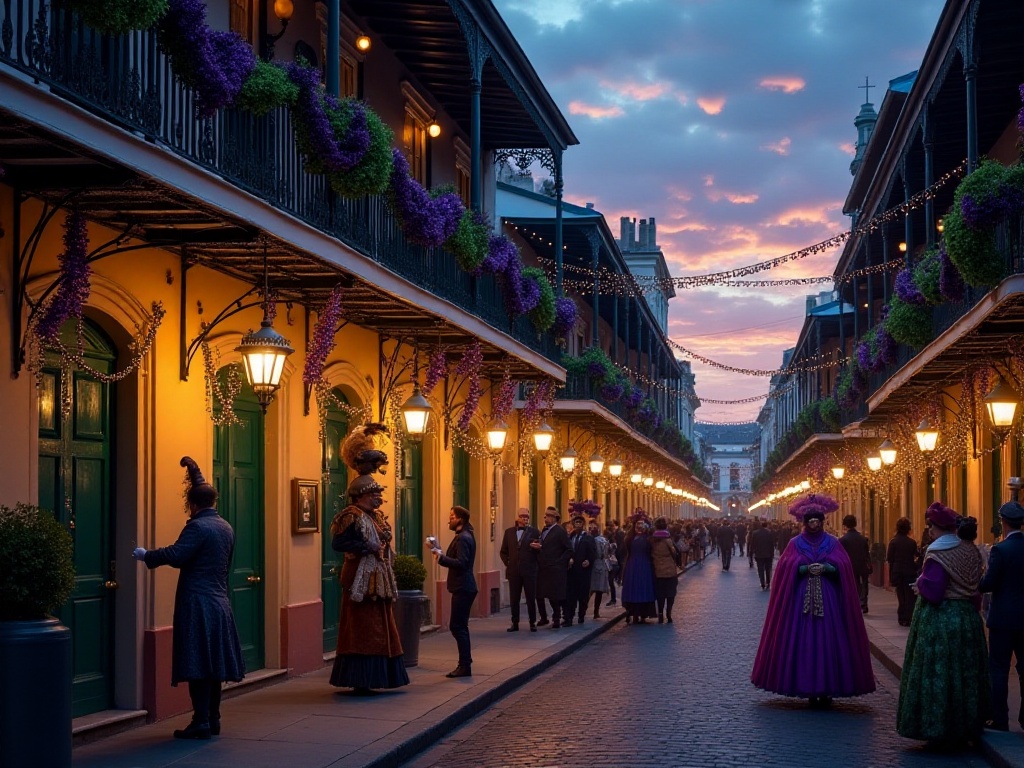
Food Recommendations
Beer alone isn't enough - the food is a major highlight! Bavarian traditional cuisine is absolutely irresistible! Roasted pork knuckle is a must-try, with crispy skin and tender meat that falls off the bone - perfect with beer! A portion costs 15-20 euros, ideal for sharing between two people.
White sausage is another must-try, remember to eat it while hot, dipped in sweet mustard sauce - absolutely delicious! Paired with pretzel bread, it's perfect. There's also German potato salad, roasted chicken, sausage platters, and more - each worth trying!
My advice is: don't order too much at once, try different foods each day. Different tents prepare the same dishes differently, so you can compare. Remember to eat early, as queues get long in the evening.
Don't skip dessert - Apple Strudel and Bavarian cream cake are classics, perfect with a hot coffee!
Important Notes
As someone who's been there, I must share some tips: First, weekend tent seating must be reserved in advance, or you won't find a place to sit. Many tents start accepting reservations months before the festival - keep an eye on their official websites.
Second, bring enough cash! Although we're in the era of electronic payments, many small vendors only accept cash. Plus, it's easier to tip servers with cash.
Also, stay hydrated! Beer tastes great but can dehydrate you. Try to drink one liter of water for every liter of beer - you'll feel much better the next day.
Safety is important too, as there are many drunk people. Travel in groups, keep your belongings secure, especially passports and wallets. Don't wander alone at night, and don't accept drinks from strangers.
In-depth Experience
For the most authentic experience, immerse yourself in the local festive atmosphere! Each tent has its own band, and by 8-9 PM, the atmosphere is absolutely electric! People stand on long benches, swaying to the music, singing German folk songs together.
Learning a few simple German phrases is really useful, like "Prost" (cheers), "Danke" (thank you), "Ein Bier, bitte" (one beer, please). With these simple words, you can easily connect with locals. That's how I made many interesting friends!
Each tent has its own traditions, like scheduled group toasts or specific drinking songs. Embracing these traditions helps you feel the true festival spirit. Don't be shy, boldly interact with people around you - you'll find Germans are actually very friendly!
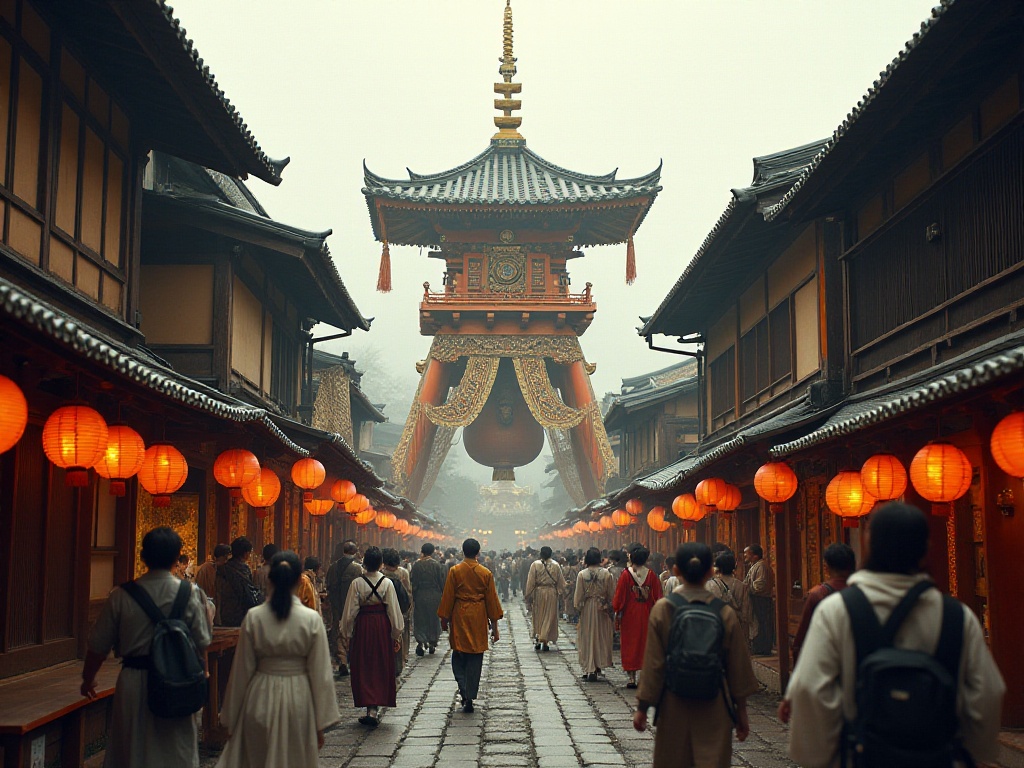
Budget Planning
Let's talk specific costs. Not counting airfare, accommodation costs at least 200 euros per night, beer and food run 50-80 euros per day, plus transportation and shopping - budget 1500-2000 euros.
Break it down like this: 40% for accommodation, 30% for food and drinks, 10% for transportation, and the rest for shopping and entertainment. It might seem like a lot, but trust me, it's worth the investment! You can save money through strategies like staying in the suburbs or avoiding expensive weekends.
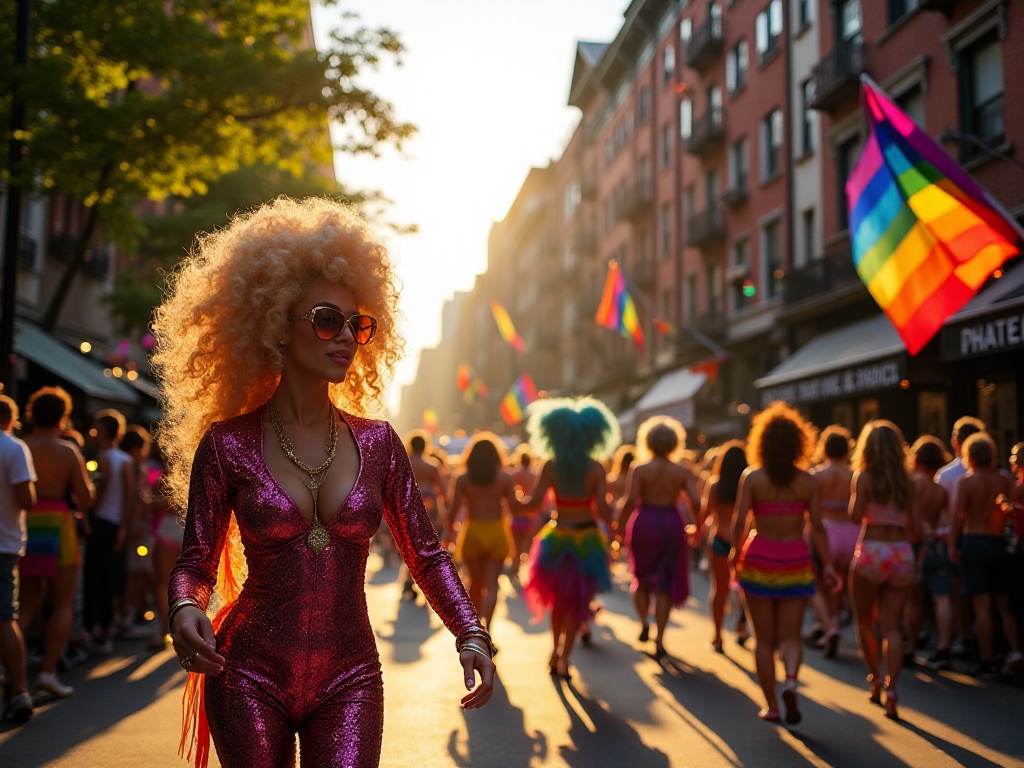
Personal Reflections
After experiencing Munich's Oktoberfest, I truly understood what celebration means! This isn't just a drinking festival, but a perfect stage showcasing German traditional culture. Here, beer isn't just a beverage, but a bond that brings people together.
Every time I think about singing and dancing with strangers in the tents, my blood starts pumping. That pure joy, that unbridled freedom, that connection with strangers - these are experiences you can't find anywhere else.
This festival showed me another side of Germans: they're not the stereotypical rigid, serious people, but know how to let loose at the right time. Here, social status, age, nationality don't matter - what matters is shared joy and love for life.
Everyone should experience Oktoberfest at least once - it will give you a new perspective on life, culture, and human connections. This isn't just a trip, but a celebration of the spirit!
If you're planning to go, feel free to discuss in the comments - I have many more interesting details to share. Let's look forward to meeting at Munich's Oktoberfest 2025!




